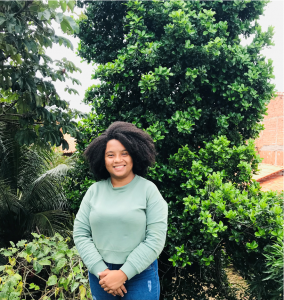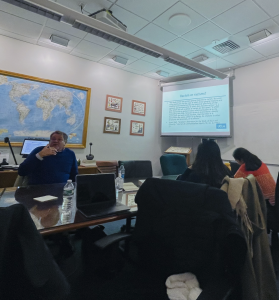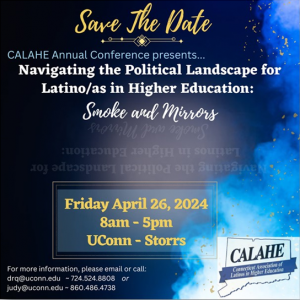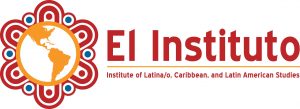Contributed by Melissa Pérez Peña
La criatura de isla trasciende siempre al mar que la rodea y al que no la rodea
– Dulce María Loynaz, Cuban Poet

Although islands contribute minimally to the emission of CO2 into the atmosphere, they are the most vulnerable to the impacts of climate change, such as rising sea levels, water acidification, and scarcity of drinking water. Continued environmental degradation threatens human communities residing on land and endangers the survival of the diverse non-human life forms that depend on these ecosystems. This deterioration results from excessive and unsustainable production and a hierarchical relationship between humans and nature and deeply increased by over-construction in the coastal zone to meet the demands of tourism.
Faced with these imaginaries and as a response to the colonizing view that has predominated in the West towards the ocean and bodies of water, a demand emerges from the island regions to address these ecosystems from a more holistic perspective. This call for attention is linked with a field of studies called “Blue Humanities,” where the relationship between humanity and aquatic ecosystems is conceived as a fundamental collaboration instead of unilateral domination. This involves reconsidering the relationship between humanity and nature, overcoming the traditional hierarchy, and understanding ourselves as part of a tight symbiotic network where we are deeply connected to the environment.
This interdisciplinary approach presents literature as an opportunity to explore the symbolic and metaphorical representations of the climatic emergency created by different artists. The reflection is linked to the symbolic construction of the ocean and coastal environments as a pillar for Caribbean literature. This exploration delves not only into the complexities of the human condition with nature but also poses a sharp criticism towards the forms of consumption and self-destruction rooted in our contemporary societies.





